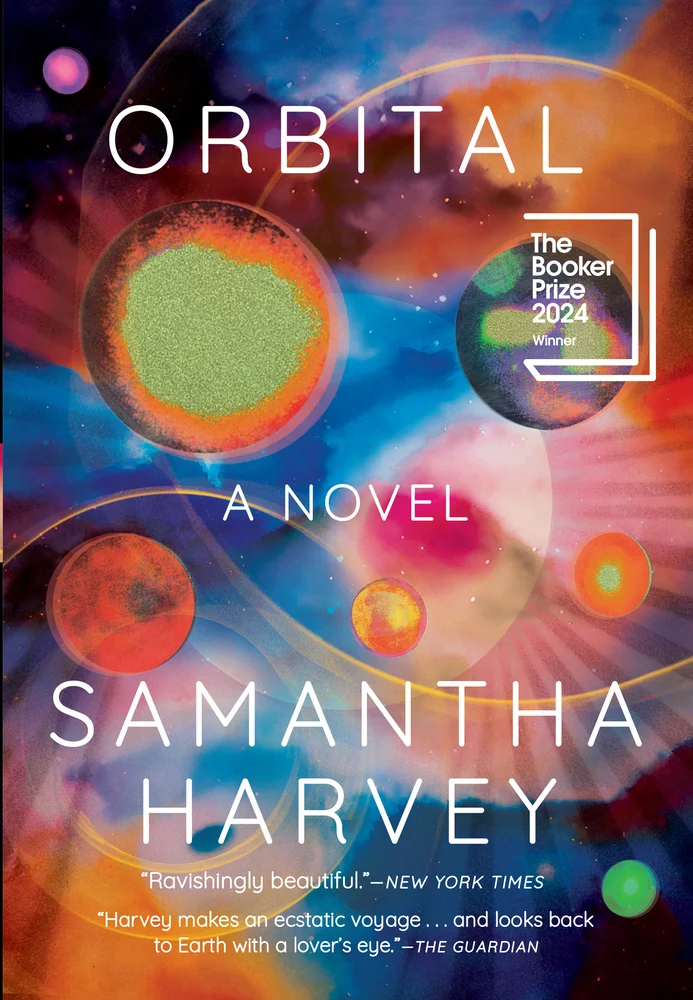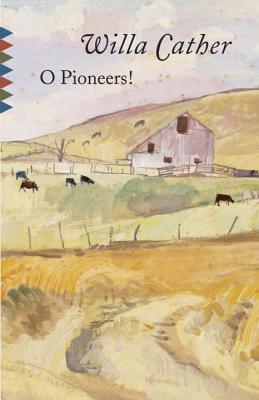Book by MARCELO HERNANDEZ CASTILLO
Review by MINDY MISENER
“There were moments when I didn’t need to tell my body how to move,” poet Marcelo Hernandez Castillo writes in the opening passage of his memoir, Children of the Land. He’s introducing a scene in which armed ICE agents arrive at his house. He’s a senior in high school. The agents are looking for his father, who isn’t there. They leave. Yet their presence, a longstanding threat finally realized, creates a shift. Hernandez Castillo can no longer act without thinking. He explains, “Even laughter required some kind of effort. I had to remind myself: this is funny, this is how you laugh—laugh now, laugh hard, spit out your food.”
Children of the Land is about trying to manage—but far more often being managed by—bureaucracy, shifting legal landscapes, and the need for safety and security. It takes place on both sides of the U.S.–Mexico border, and often against the backdrop of the border itself, which Hernandez Castillo studies both from the sky and from the ground. He crosses as a child, again as a DACA permit holder, and again when he has a green card. He’s at the border when he tries and fails to bring his deported father back into the U.S.; when he brings his mother, who’s been living in the U.S., back to his father in Mexico; and once more when he takes his mother to apply for asylum. “Something always drew us back to the border,” Hernandez Castillo concludes, wearily.
When he’s in Mexico, Hernandez Castillo can ask himself questions about where he came from, who he is. In the U.S., though, the primary question is, Who do I need to be? What version of me is secure? He became a poet, he explains, at least in part because he “thought (naively, ashamedly so) that the farthest association from an immigrant was a poet.” A perfect command of English might, he thought, command respect, might spare him from deportation, which for a time he feared more than death.
Hernandez Castillo is not deported, but even so, remaining in the United States exacts an exceptional personal toll. For years he carefully hides parts of himself—sometimes literally, as when he protects his skin from the sun because he doesn’t want to get darker—even as he carefully reveals versions of himself he hopes will keep him safe: Laugh now, laugh hard, spit out your food. In fact, there are so many things to prove to other people that it is often difficult for him to prove things to himself. At one point he wonders what he doesn’t have to tell his body how to do. “When you are baptized, do you need to tell your body how to excise its sin, or does it happen without you? Can you toss your head back and let water, gravity, and the divine do the rest?” What, in other words, can happen when you are performing the motions? Can you be safe? Free? Remembered? Tethered? Can you belong? Be invisible? Be in love?
The problem is that the motions disintegrate under scrutiny, become less proof than show, even if what’s animating them is real. When Hernandez Castillo and his wife, Rubi, arrive for his green card interview, he has to prove that their marriage is real, that they are really in love. “It was our job to show [the officer] what we had shown the world,” he says, “and to do it without thinking about doing it.” Their answers to the volley of questions somehow don’t seem like enough for the officer—but what is enough when the show is not for entertainment but the right to his life? When there is not skill but necessity behind the act? The best Hernandez Castillo and Rubi can do is remove every significant doubt. After the interview, he casts around for what he could have said that would have made them, and their marriage, fully real, not merely absent of suspicion: “There was so much more I wanted to tell the interviewer, as if I was confessing my sins to a priest.”
A similar performance must be delivered as Hernandez Castillo tries to bring his father into the U.S. His father, whose last deportation came with a ten-year ban from the U.S., has waited twelve years before applying to reenter. Hernandez Castillo helps him prepare for his interview. “Remember what we talked about, Dad. You know your dates, you know your facts,” he tells him. He hopes that if his father demonstrates adequate, believable remorse, he will be allowed in. This time, no performance is good enough. The ten-year ban turns out to be a ban for life. This news consolidates the choices for Hernandez Castillo’s mother: find a way to legally remain in the U.S. or join her husband in Mexico. Her decision leaves her children mourning and leads to the book’s emotionally-wrenching final sequence.
Though Children of the Land details immense hardship, Hernandez Castillo’s memoir is also an exquisite, nimble work. The book’s five “Movements”—”DACA,” “Interview on Allegiance,” “Sentence Served,” “Glass,” and “Asylum”—provide an overarching structure that carries us forward in time. At the same time, fragments of memories, meditations—and questioned memories, and reconsidered meditations—appear like grace notes within each movement, reframing its possibilities and interrupting a pat chronology. For example, in the context of “Interview on Allegiance,” there’s a brief interlude called “[Second Movement: Hometown Family Album]” that describes Hernandez Castillo’s mother fainting in church. When the Holy Spirit moves her, she faints swiftly and recovers swiftly, yet when Hernandez Castillo attempts his own faints she swats him, clearly unimpressed by his performance. And so he practices fainting in the yard, so people will believe that he was “capable of being emptied by the very hand of God.” The passage provides an echo of the kind of convincing he must do in the green card interview—the kind that is believable, efficient, and forgettable.
These short interludes also offer some of the most beautiful passages in the book. Take, for example, “[Third Movement as Migration and a Flock of Birds],” in which Hernandez Castillo describes the temporary blindness that struck him in Tijuana while his family was waiting to cross the border. Here, as elsewhere, his language reaches out of circumstance to grasp a glittering new truth. After explaining how shapes were “softening into the empty space around them,” he posits that “Maybe the soul wasn’t just one thing but an assortment of many little things huddled together.”
The fragment “[Fourth Movement as Language]” similarly shows a key moment of growing awareness. In this passage, Hernandez Castillo reflects on his experience in kindergarten, when he became aware of English. Thrilled by the new sounds, he rambles in what he believes is English, because any sound that isn’t Spanish must be English. This period of time, he says, allowed him “to speak in that primal language between languages,” one in which he “could understand things better—clearer.” And though he writes that the world would turn dull again, he concludes anyway that, in that moment, “I was an oracle, I was enchanted, I was enchanting. The bean broth was hot as it slowly went down my throat, as it touched the part of me that had no name yet.”
There is always a limit to what can be named, and yet Marcelo Hernandez Castillo resists this boundary, over and over, searching always for more truth, more clarity, more honesty, even as his poet’s instincts keep him from overexplanation. “I want to know the perfect amount of myself to give to someone else,” he tells us. In Children of the Land, he’s found it.
Mindy Misener grew up in Maine and is a graduate of Williams College and the University of Michigan’s MFA program. She lives in Bozeman, Montana, and teaches creative writing at Montana State University.





